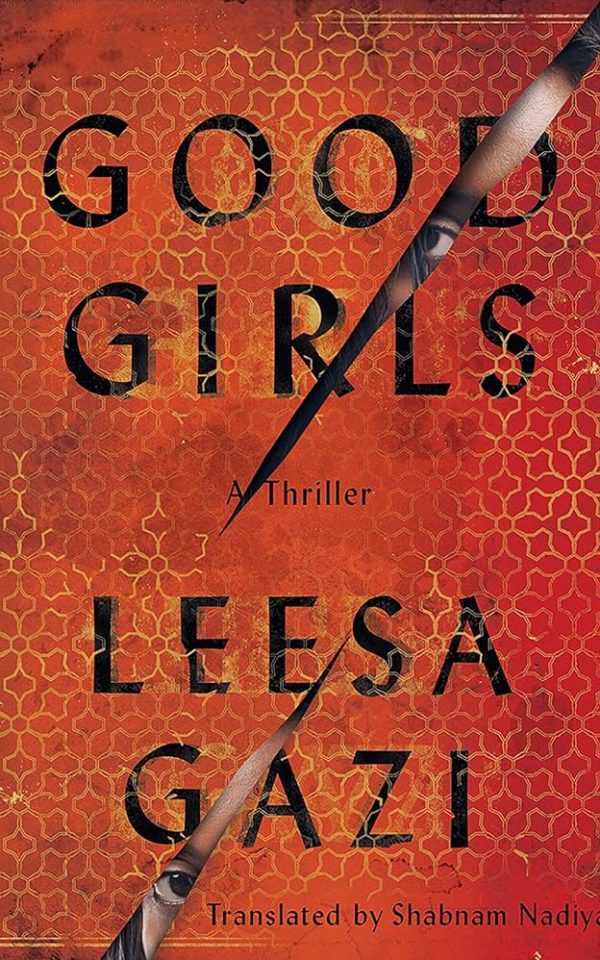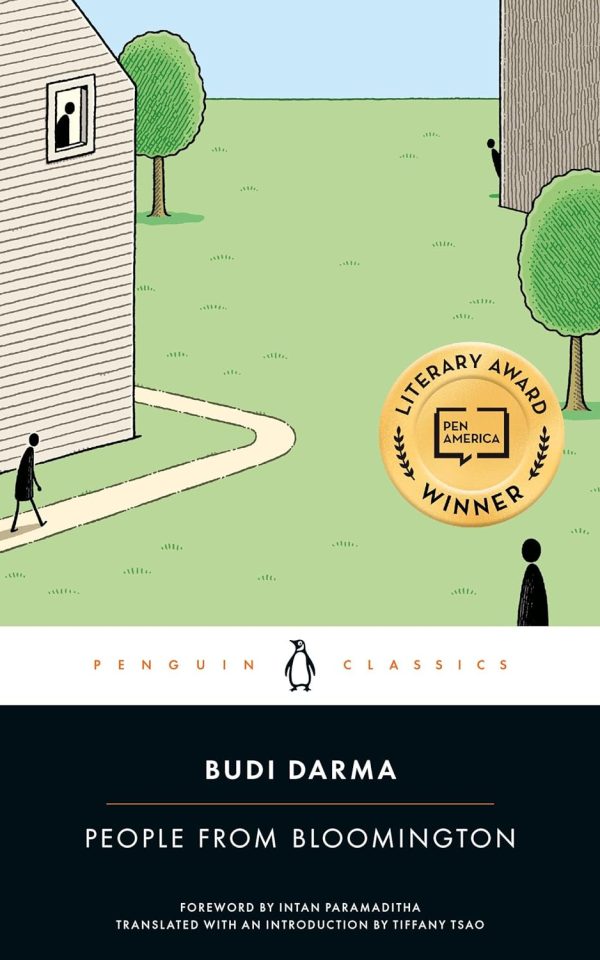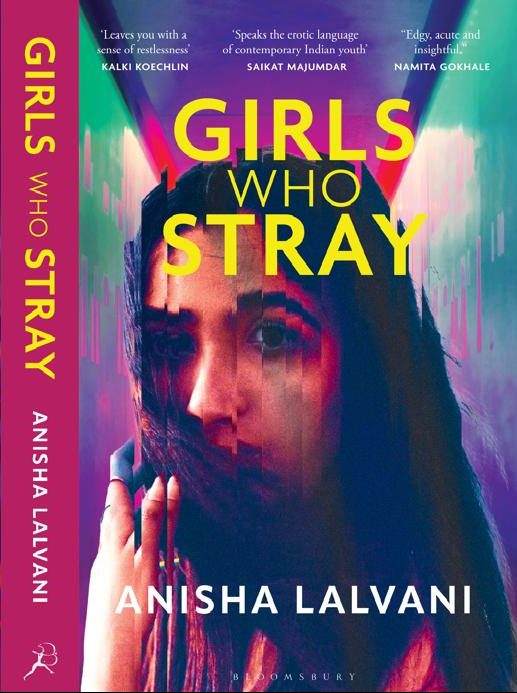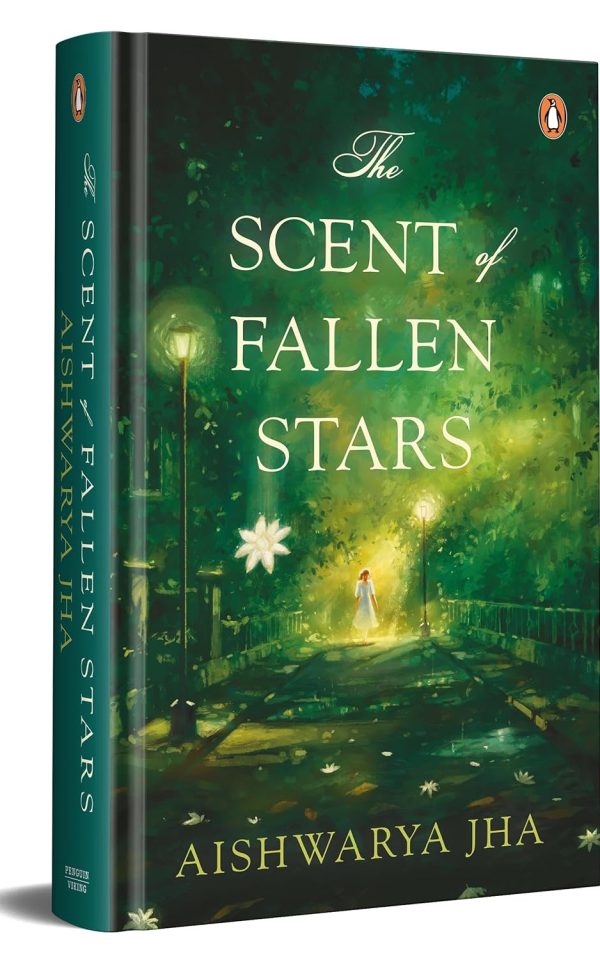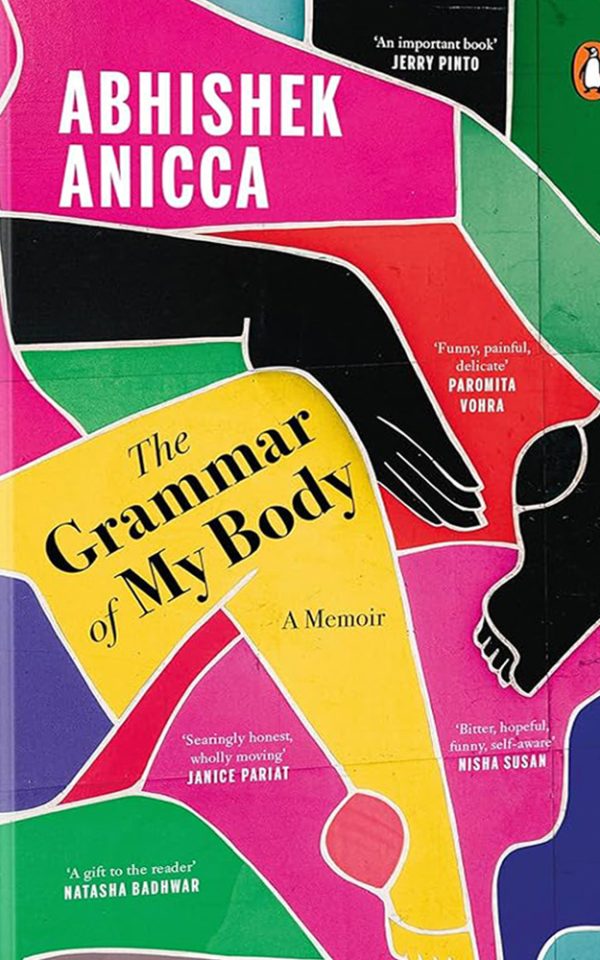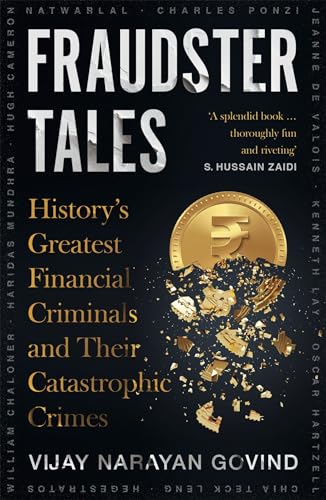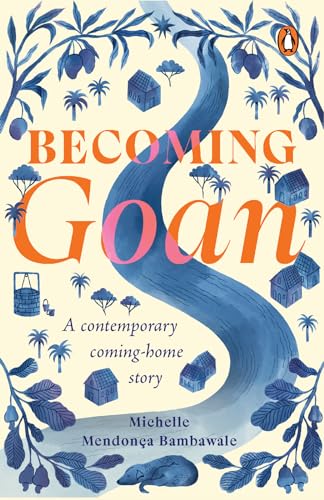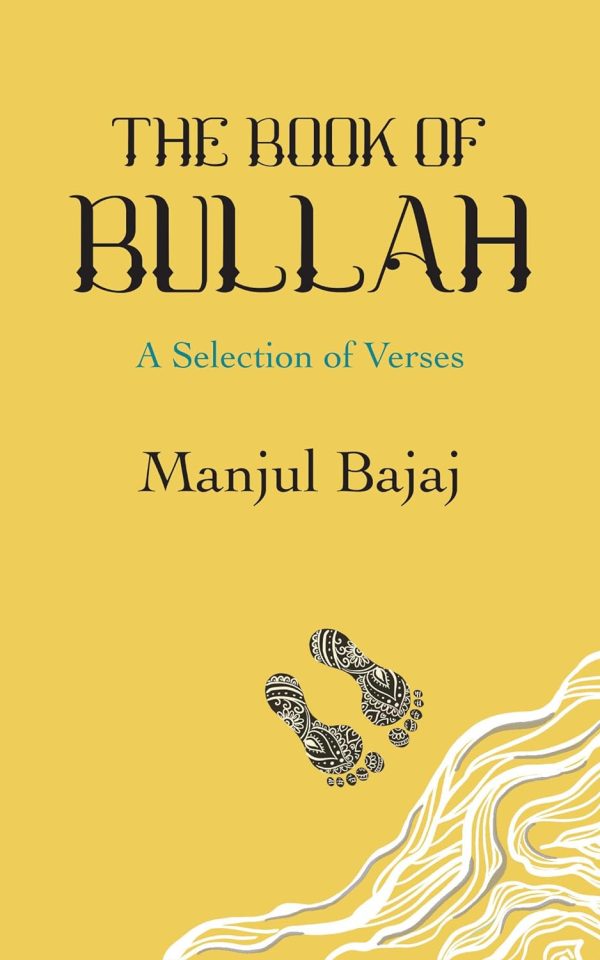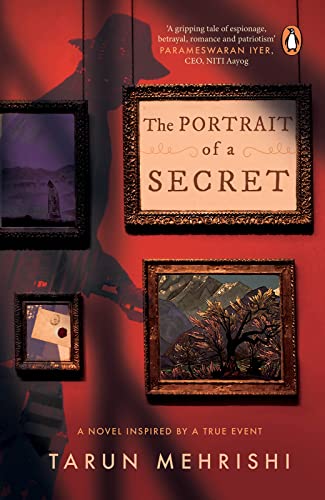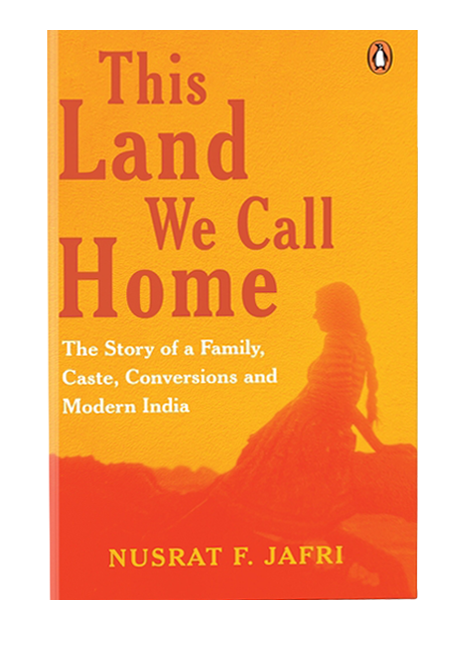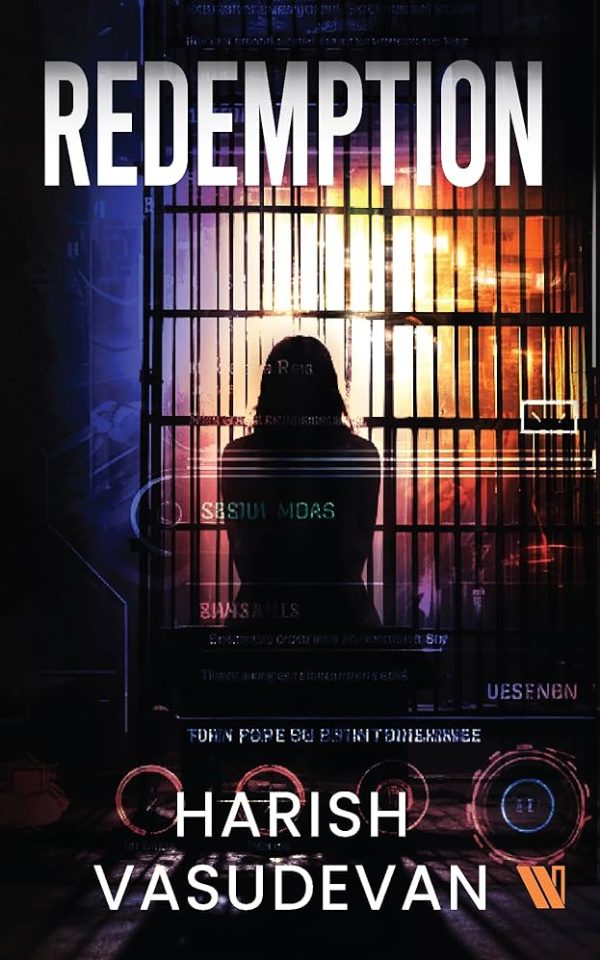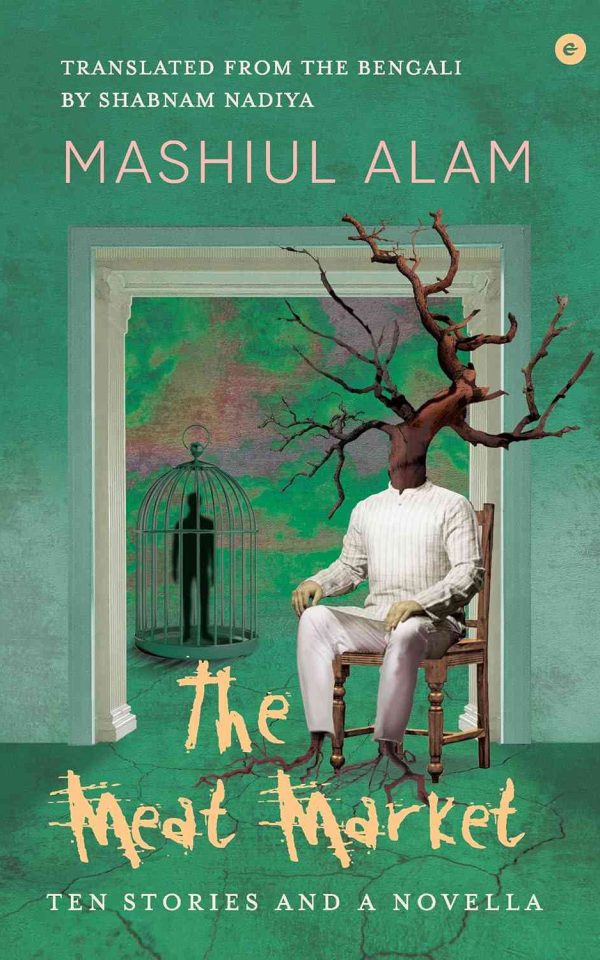*Winner of the 2023 PEN Translation Award*
An eerie, alienating, yet comic and profoundly sympathetic short story collection about Americans in America by one of Indonesia’s most prominent writers, now in an English translation for its fortieth anniversary, with a foreword by Intan Paramaditha.
In these seven stories of People from Bloomington, our peculiar narrators find themselves in the most peculiar of circumstances and encounter the most peculiar of people. Set in Bloomington, Indiana, where the author lived as a graduate student in the 1970s, this is far from the idyllic portrait of small-town America. Rather, sectioned into apartment units and rented rooms, and gridded by long empty streets and distances traversable only by car, it’s a place where the solitary can all too easily remain solitary; where people can at once be obsessively curious about others, yet fail to form genuine connections with anyone. The characters feel their loneliness acutely and yet deliberately estrange others. Budi Darma paints a realist world portrayed through an absurdist frame, morbid and funny at the same time.
For decades, Budi Darma has influenced and inspired many writers, artists, filmmakers, and readers in Indonesia, yet his stories transcend time and place. With People from Bloomington, Budi Darma draws us to a universality recognized by readers around the world—the cruelty of life and the difficulties that people face in relating to one another while negotiating their own identities. The stories are not about “strangeness” in the sense of culture, race, and nationality. Instead, they are a statement about how everyone, regardless of nationality or race, is strange, and subject to the same tortures, suspicions, yearnings, and peculiarities of the mind.
Praise
“First published in Indonesia 40 years ago, this story collection from celebrated author Darma gets a second life—and an English translation—as a Penguin Classic. Across seven stories set in the gridded streets and rented rooms of Bloomington, Ind., Darma’s characters navigate their morbidly funny lives in this meditation on alienation, failed connection, and the universal strangeness of the human mind.” —The Millions

